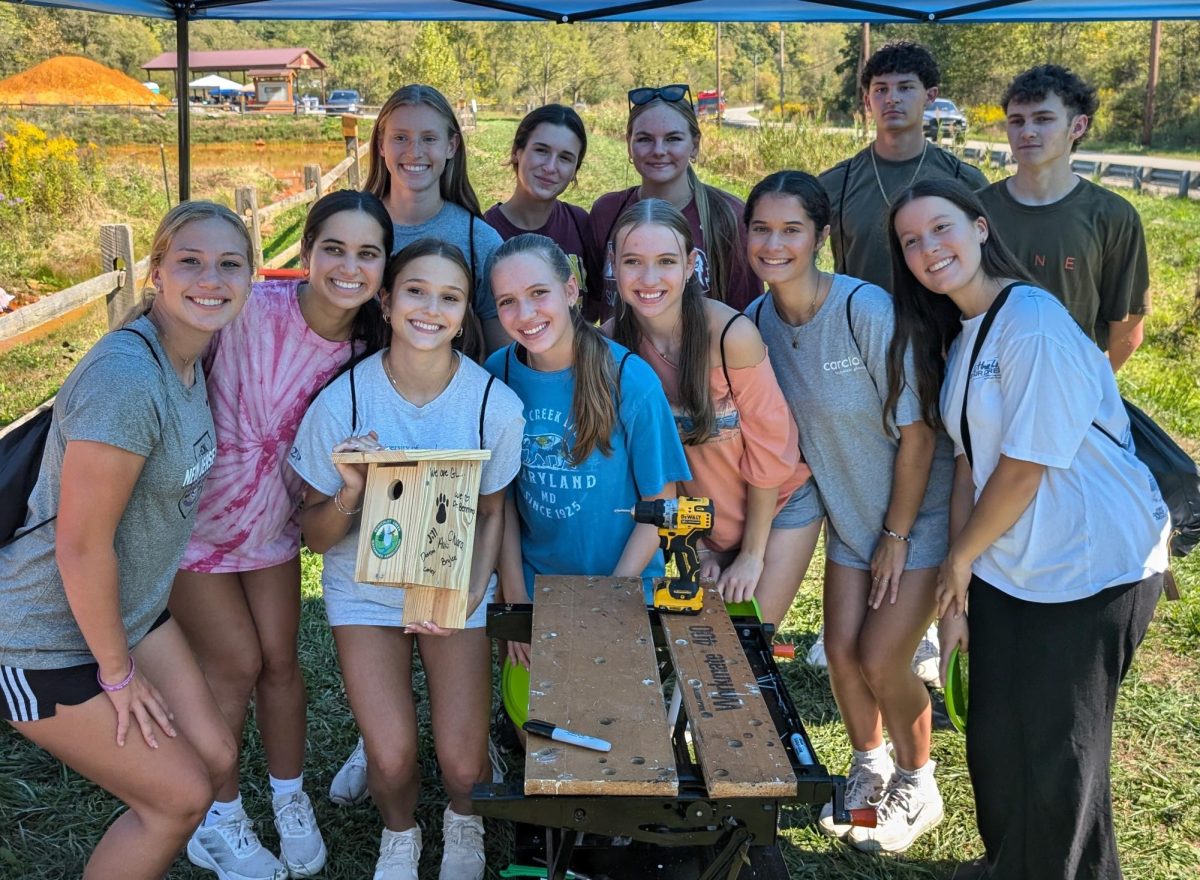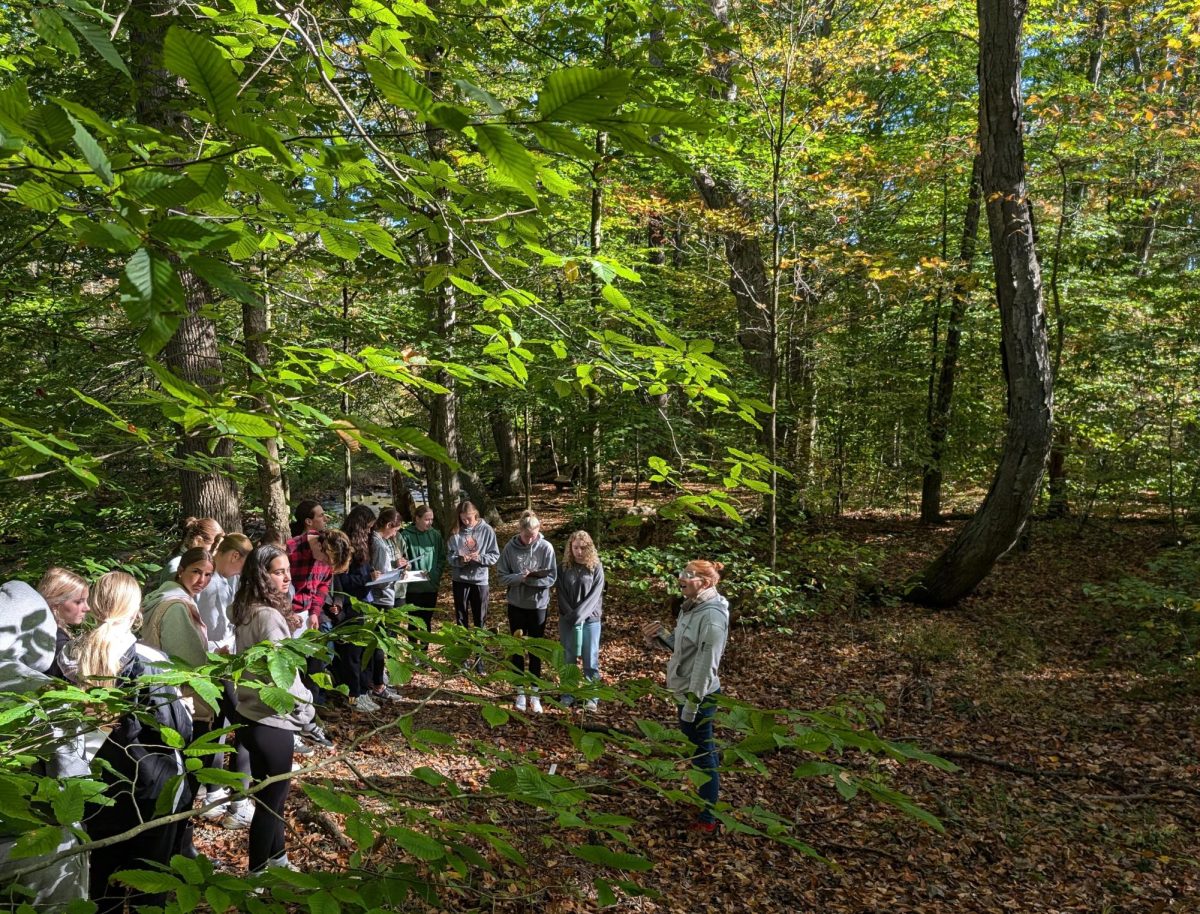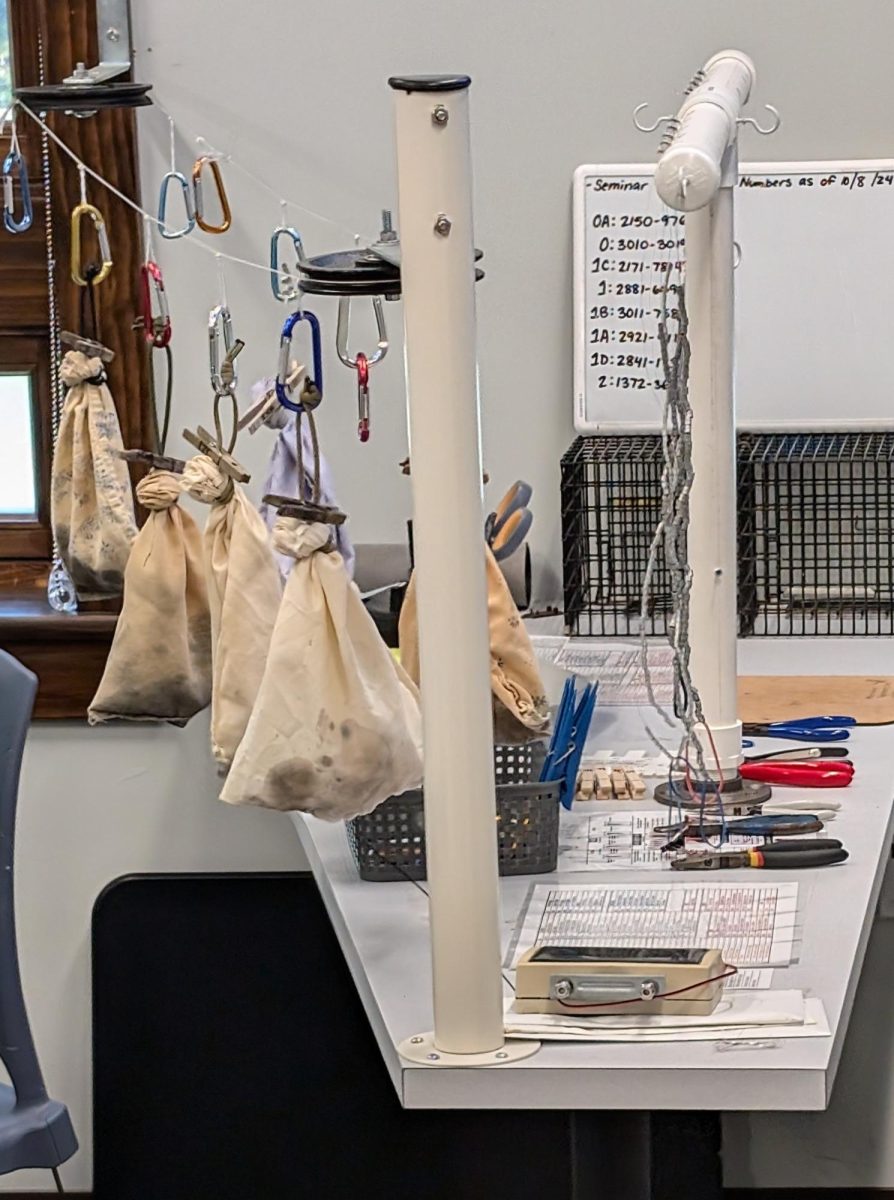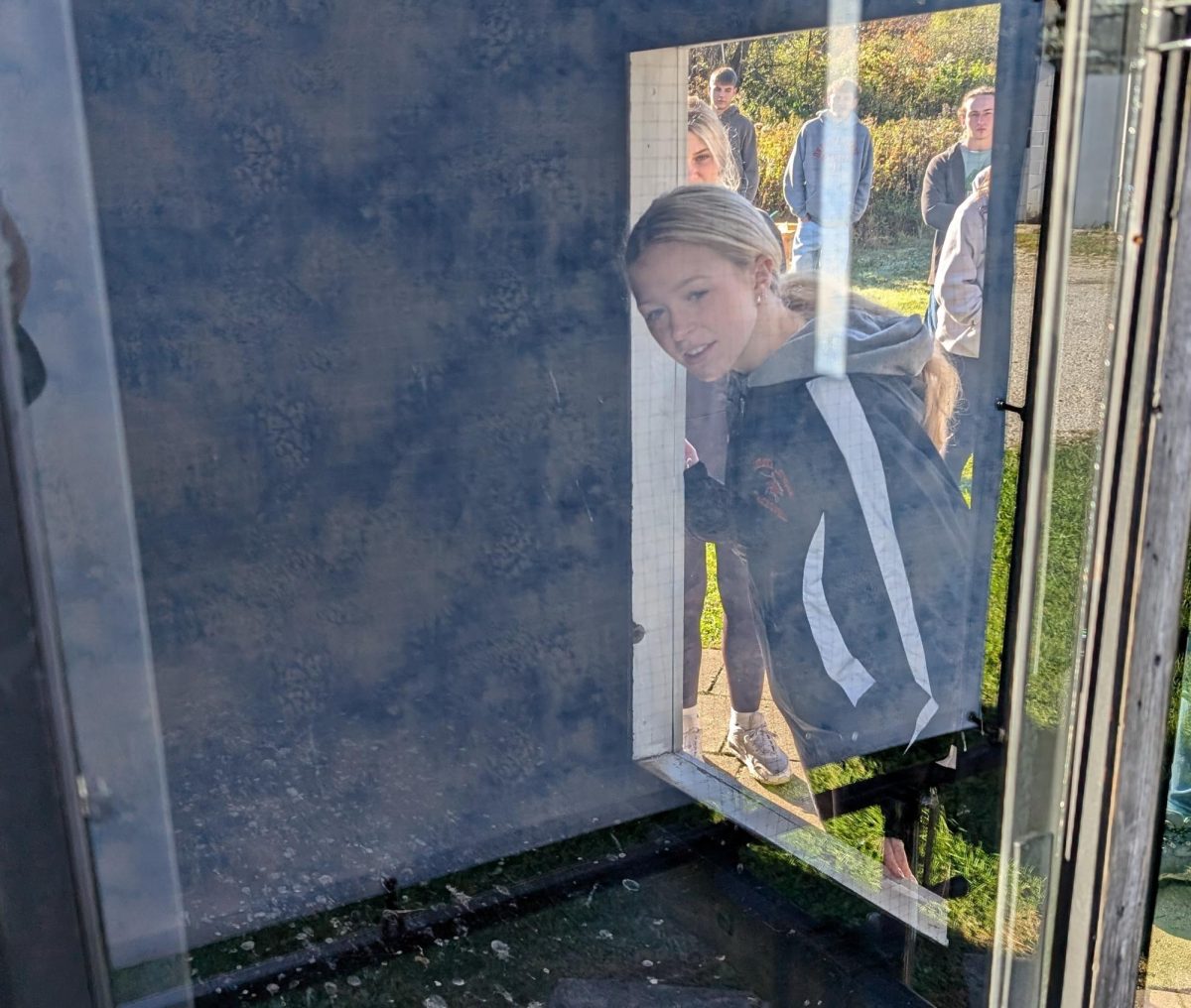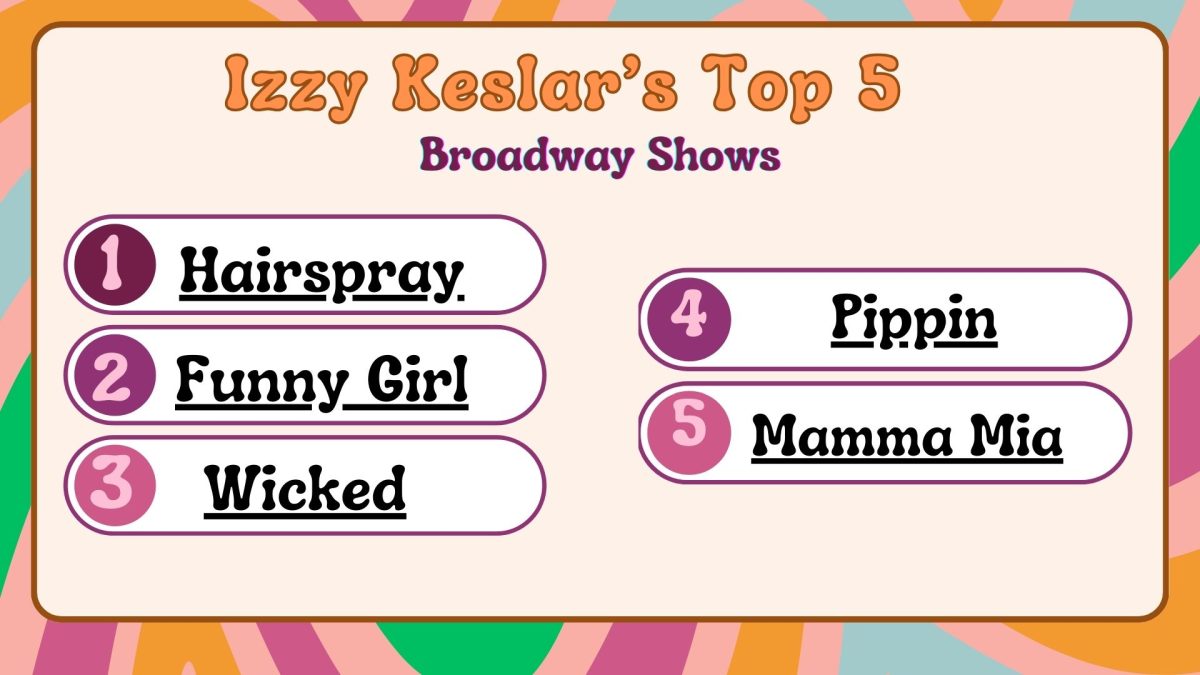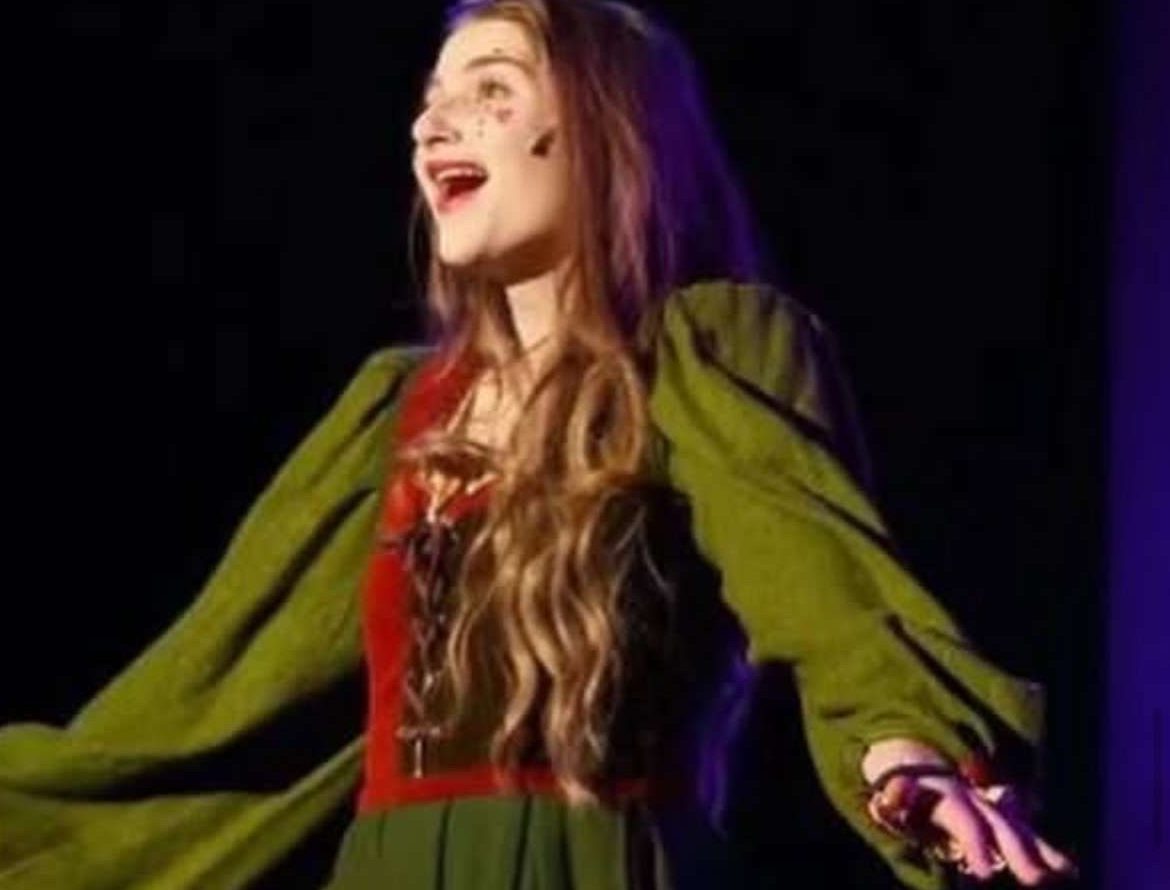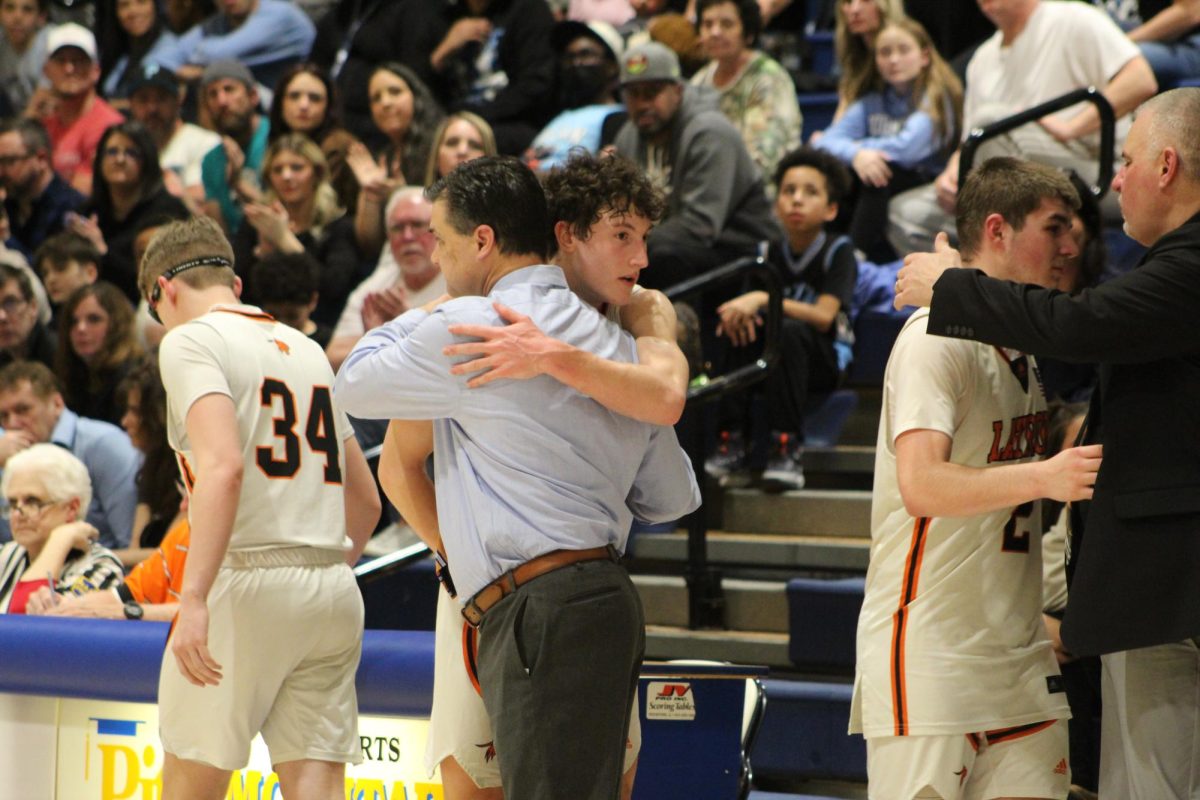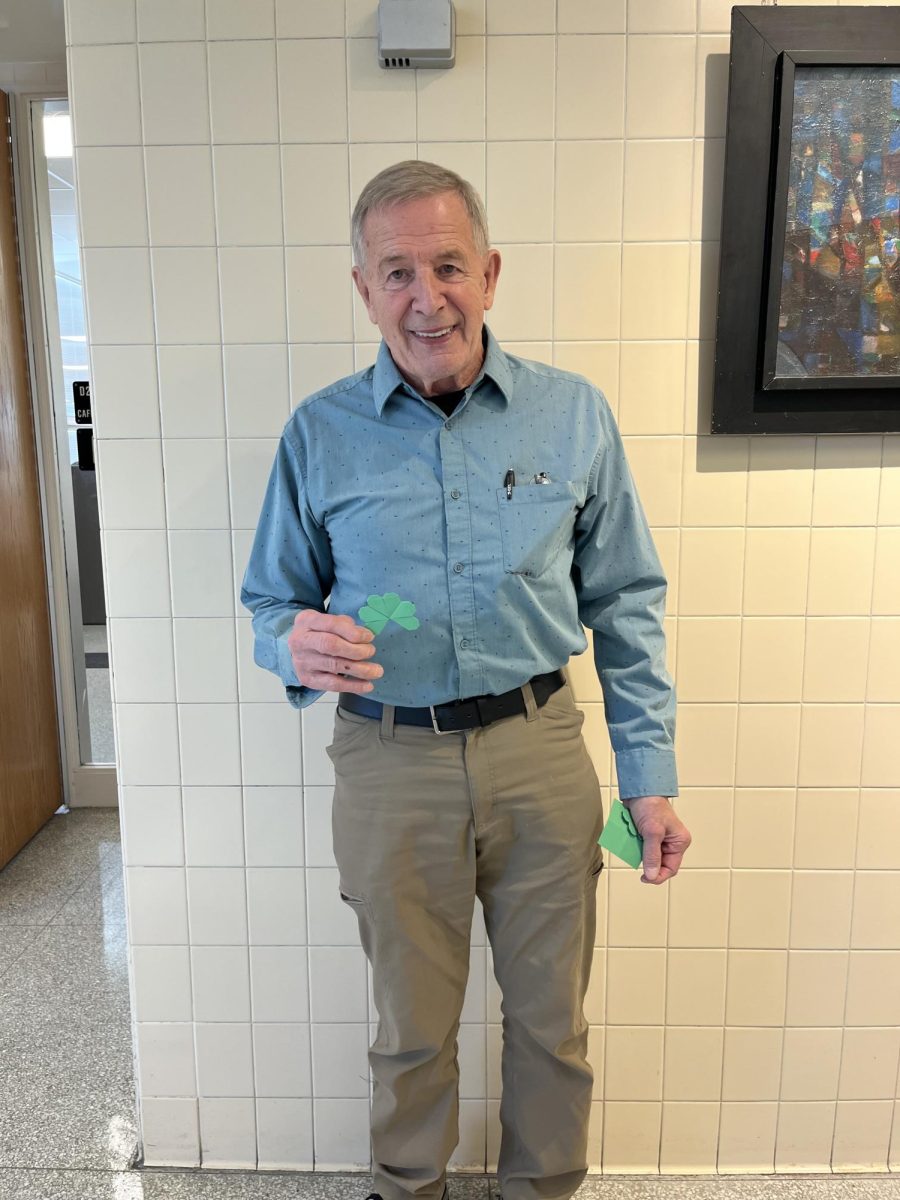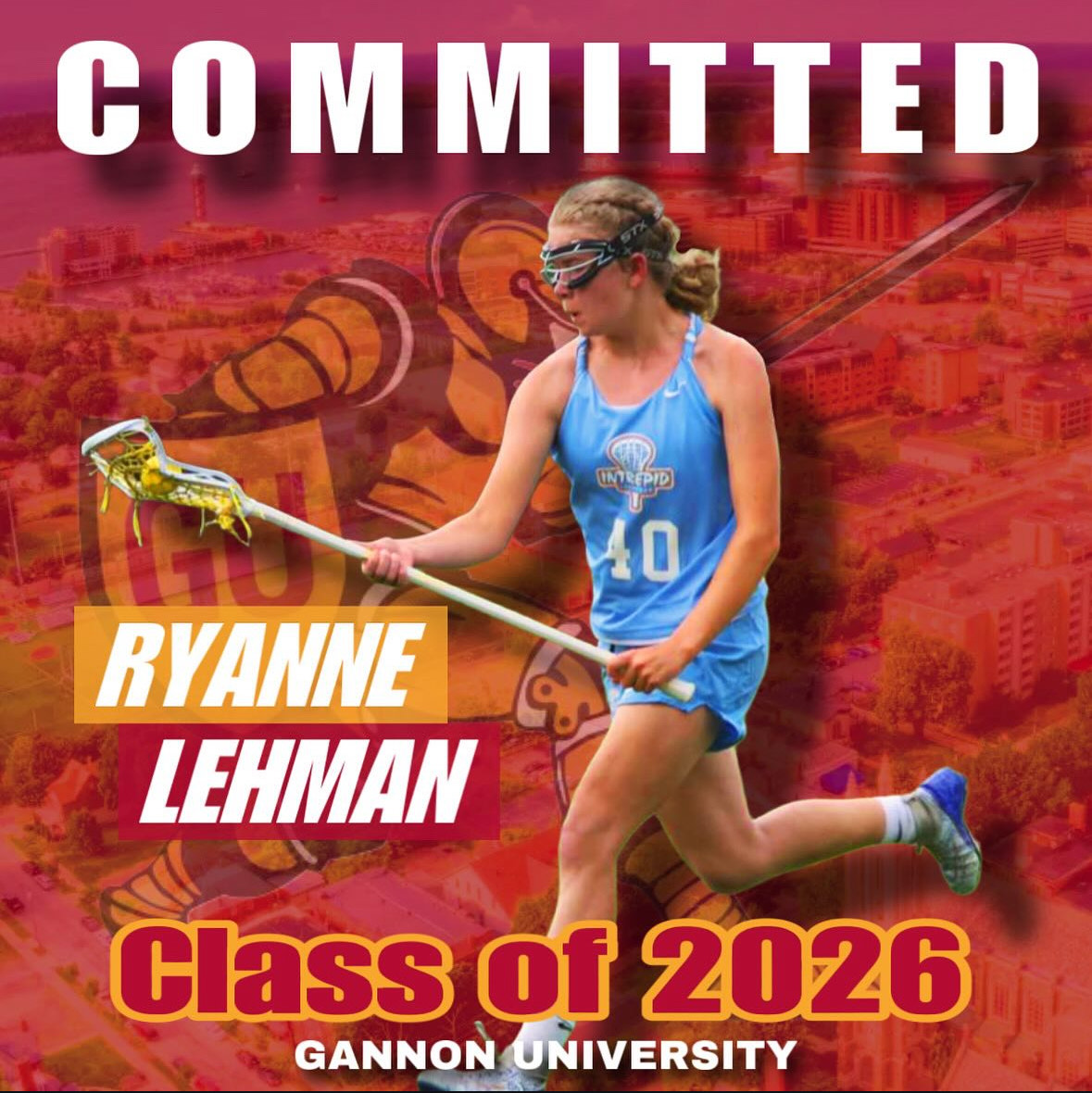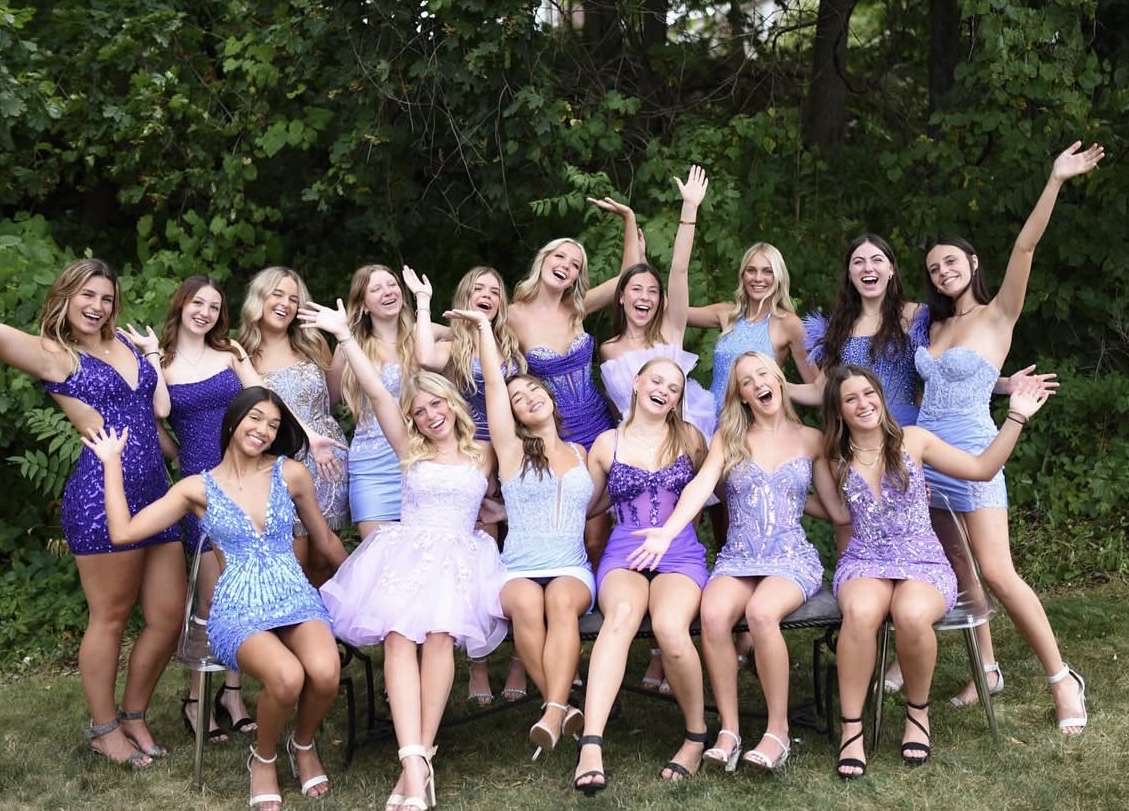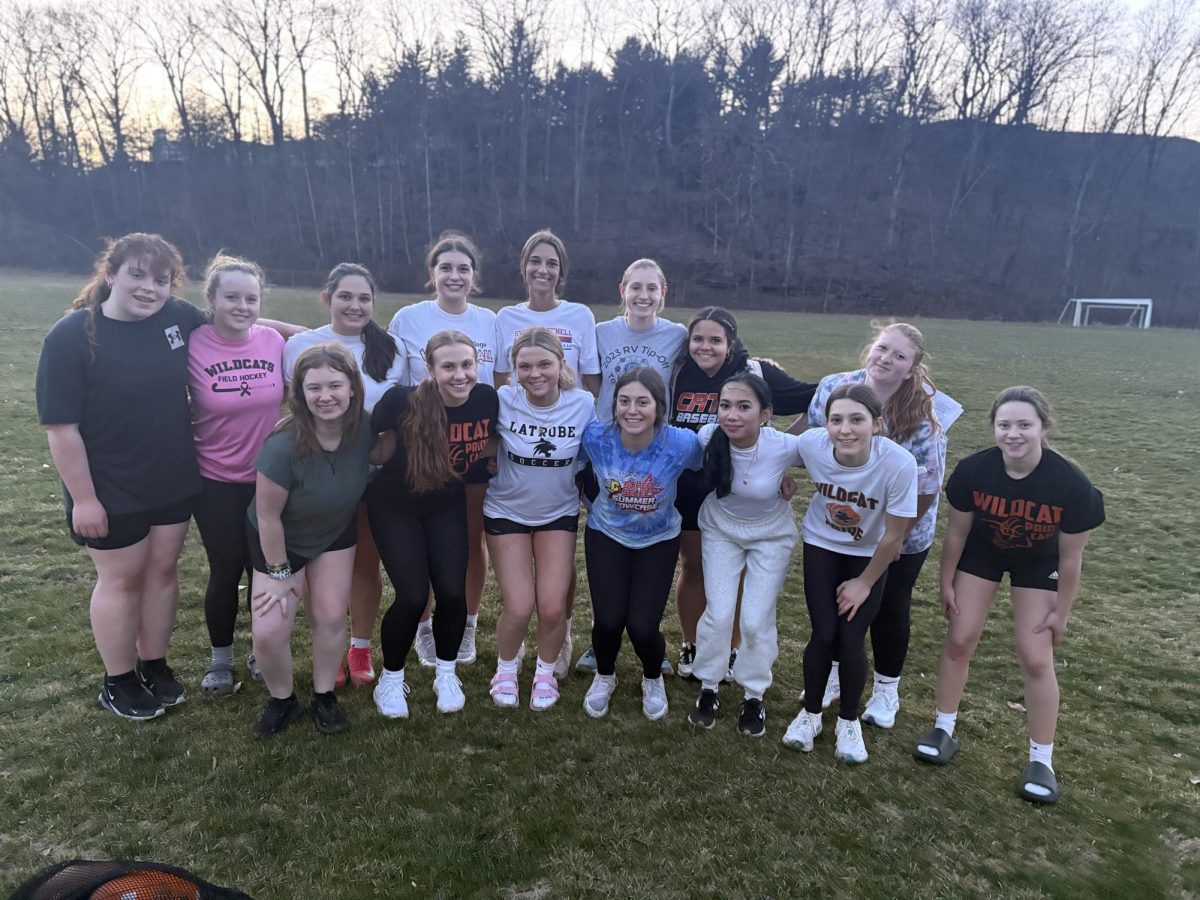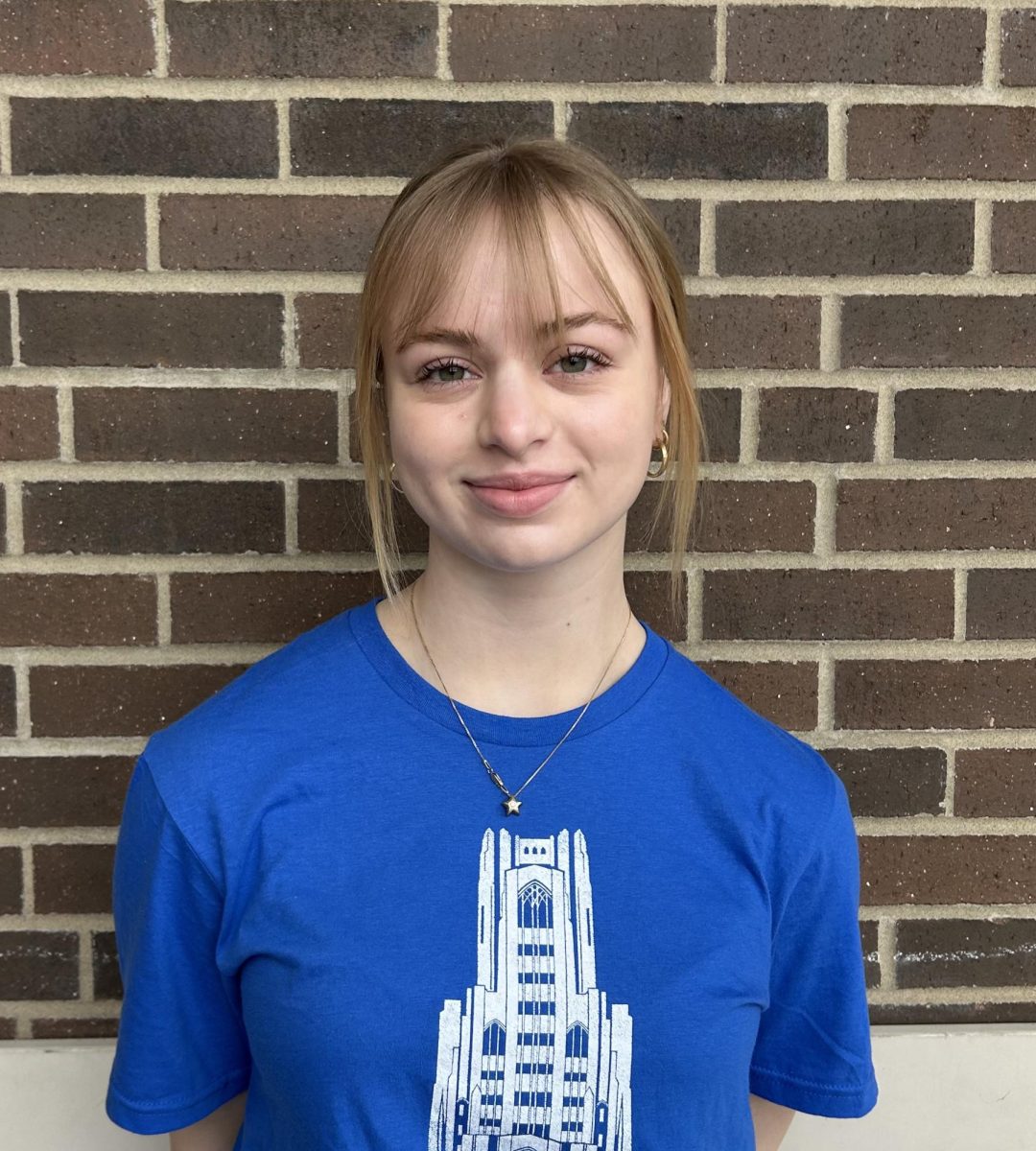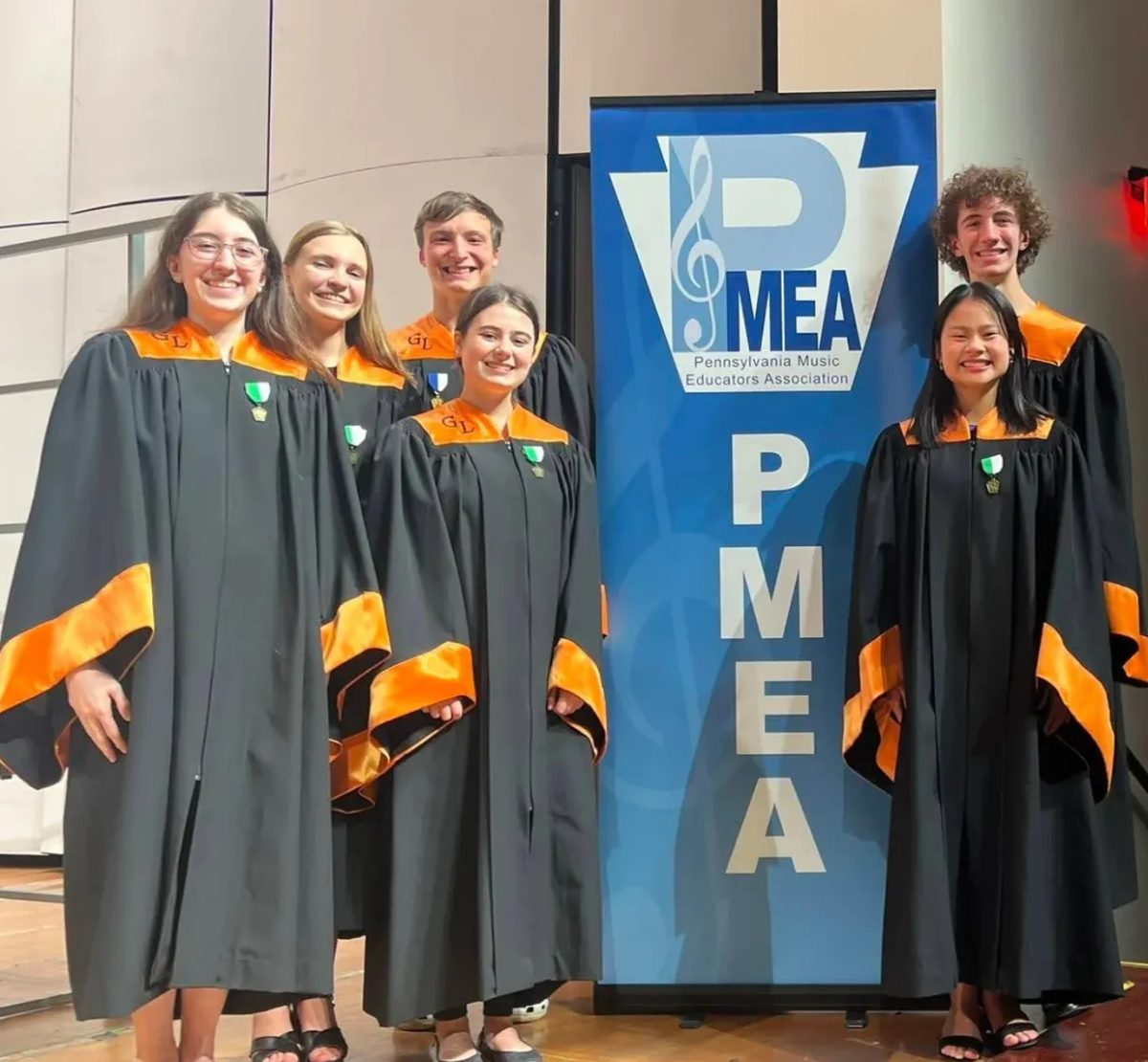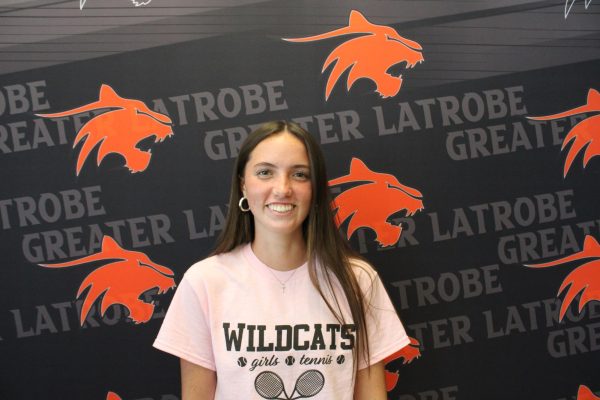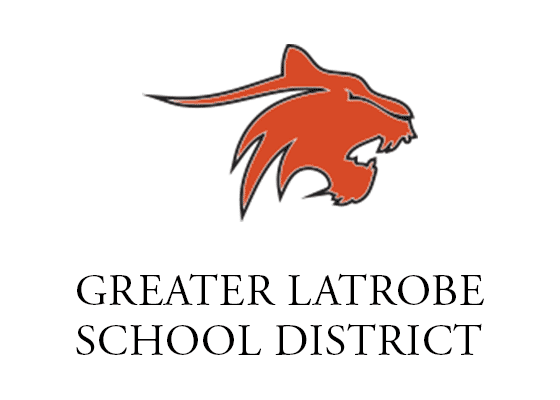“I think that in today’s world, when everyone has a smartphone in their pocket, there is a cost: our connection to, and understanding of, the natural world. The Capstone program forges that connection between our living planet and our mental health. Search and you‘ll find hundreds of articles and studies that stress the health benefits of getting outside. Do another search and you’ll find just as many articles discussing the negative impacts of social media on young people. Humans are a part of the living world, whether we like it or not, and we need to remember and honor that.” – Mr Roberts
At Greater Latrobe Senior High School, we offer a nature-focused course called Capstone. Capstone is a program dedicated to environmental sustainability and maintenance. Students engage in hands-on projects and activities to address real-world ecological problems. The curriculum encourages students to understand ecology and humans’ impact on nature comprehensively. By collaborating, students learn to build their skills in environmental conservation. The course also helps to emphasize critical thinking skills and promote problem-solving and creative solutions to real-world issues. Overall, the program aims to harvest a new generation of environmentally conscious leaders in the community who dedicate themselves to making a positive mark in the world.
Avianna Mucci, Senior
Q: What do you do in Capstone?
A: “To learn more about the environment and the fundamentals. We’ve been doing a lot of outdoor stuff. We go down to Rotary a lot to look at the stream and then we inspect bugs and insects that we find and we also have been looking at the bees outside and I think we are also going to head over to Saint Xavier’s to do more stream work. A lot of outdoorsy stuff, it’s really fun. “
Q: What are you doing at the nursing homes?
A: “We are growing poppy seed flowers right now so hopefully those will be done soon and are going to deliver them to the nursing homes so they have some fresh flowers to brighten up the home.”
Q: What is your main takeaway so far from the course?
A: “Honestly, my main takeaway so far would just be spending more time in nature. I feel like I neglect it sometimes and all the information that Mr. Roberts has to offer because he knows absolutely everything about the outside and all the bugs, insects, and everything. Just learning from him is super cool.”
Mr. Roberts, Capstone Teacher
Q: What do you do in Capstone?
A: “So, Capstone is an environmental science course, and my main goal is to teach them outside of the classroom as much as possible and expose them to as many different jobs in the environment as possible.”
Q: What do you do with the quails and the bees?
A: “So the bees we’re going to keep them hopefully long term. They can last for years and years as long as the queen is healthy and the hive is healthy. The quails we let go on private property, unfortunately, there are no breeding populations of quail in Pennsylvania, but we give them the best chance we can.”
Q: What is an upcoming project you are excited to introduce?
A: “Next week we’re going to the Potillature Reserve for the first time and to participate in bird banding first thing in the morning. So, what happens is they put nets out the night before and birds get stuck in these nets and then we are there in the morning and we ban the birds, weigh them, mark down their species, things like that. So, I’m excited about that because it’s something new.”
Q: What has been your experience as the Capstone teacher?
A: “It’s been great. The kids have been great. I think they’ve been really surprised and excited about a lot of the things we’ve done. So, I’ve had a great couple of years. It’s been fantastic. Everything has been great.”
Q: What would you say to any student interested in enrolling in this course next fall?
A: “I would just suggest that you know, most students don’t get exposure to nature anymore because of all the technology that we have. So, I would encourage any student to take Capstone next year because I think it’s a very unique program and something that students don’t get to do in the normal school.”


